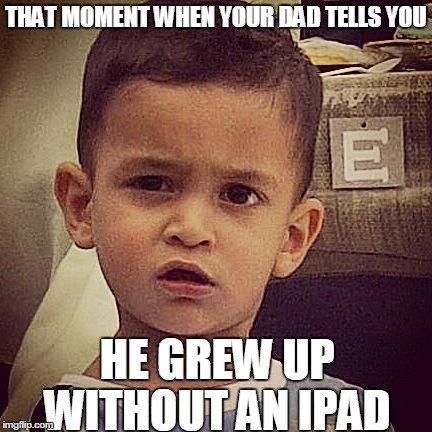
Literacy and Younger Siblings
A lot of the topics on literacy that really resonated with me in this class so far coincide with my observations of my younger siblings as they become increasingly more literate. One example of this is the Szwed article because it really helped me to widen my scope of exactly what literacy means. I have often found myself trying to define what I think literacy should be for my younger siblings based off of my traditional idea of literacy practices (novels, newspapers, etc.). However, considering that my younger siblings are growing up with more access to and expectations with technology I have realized that their literacy acquisition will most likely look different than my expectations. For example, my little sister loves to read articles about One Direction on different websites. Even though she demonstrates her literacy skills by reading the articles, I still try to get her to check out books from the library because I don’t see the online articles as a ‘legitimate’ literacy practice. The Szwed helped me to realize that demonstrations of literacy should be appreciated and recognized, even if the literacy isn’t demonstrated through traditional ideas of what literacy materials are. Literacy is learned and practiced in a variety of different ways.
Another thing that really resonated with me in the readings so far this semester, in relation to my younger siblings, was the constant misconception that there is a literacy crisis. I couldn’t believe that this idea keeps being thrown around from generation to generation with no concrete evidence that the crisis actually exists. It especially resonated with me because I definitely have seen my parents using the literacy argument when referring to my younger siblings and their reliance on technology. My parents see the way my siblings avoid books and flock to the computer and my parents worry for the younger generation. I also fell into this same idea that my sibling’s aversions to the more traditional ideas of reading and writing as a sure sign that their whole generation’s literacy was at risk. After reading the Williams’ article the explanation of why this happens really makes sense to me. I would say that my family is middle class and I can see now that the worry my parents have could be rooted in a fear of my siblings not being able to better themselves financially due to literacy incompetency.
The Baron article also really resonated with me because a lot of the different shifts explained in the article are similar to what I have observed watching my siblings grow up. For example, when I was very young I hardly knew how to work a computer and my mom would have to do most of the navigation for me. When I was in middle school though I was introduced to the world of social media and I got more acquainted with the computer. However, when my baby sister was three years old she already knew how to open up an Ipad and get to the game she wanted. I can only imagine that as she gets older this literacy with computer and technology will grow with increased exposure. The Baron article made me wonder how increased experience with technology for kids will eventually change some kind of literacy practice that we have today.

 Website:
Website: